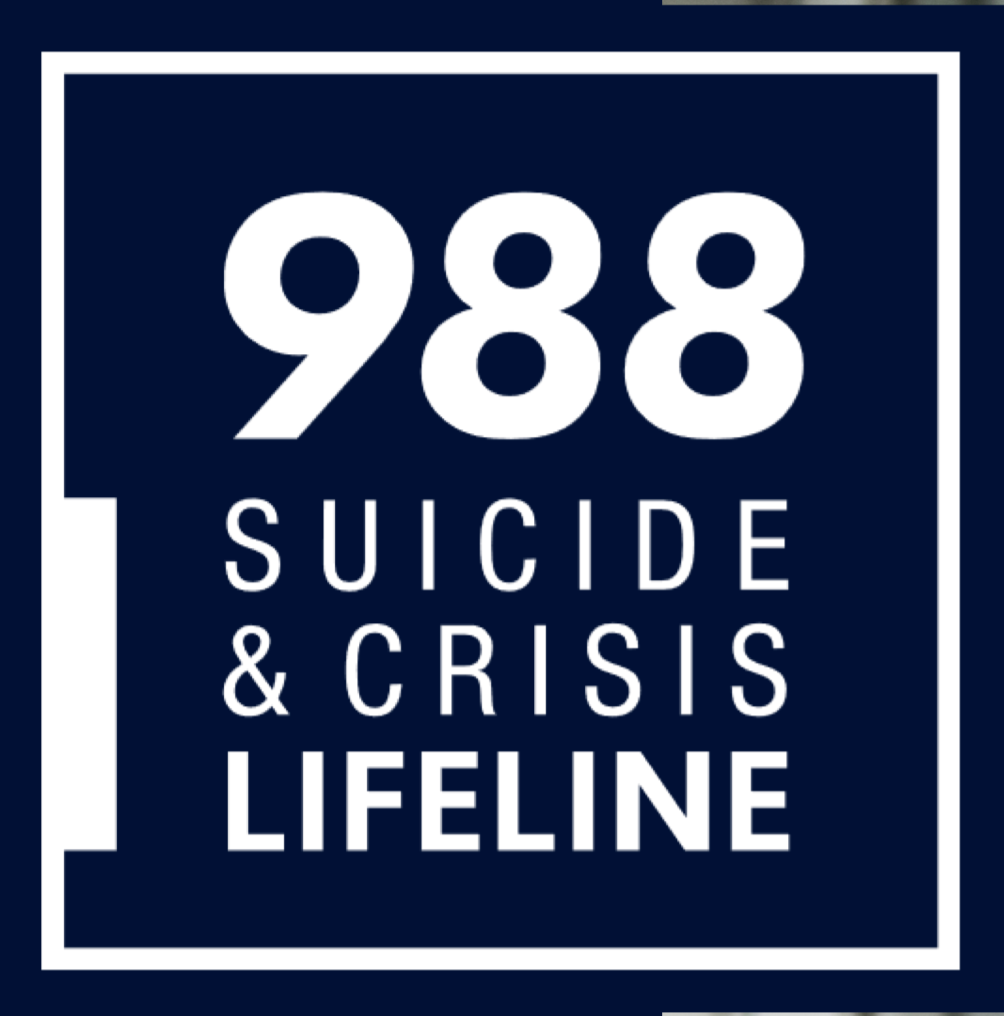Mental Health Parity Awareness
Insurance coverage for mental health and substance use treatment -- It's the law!
TSPN has long recognized the value of timely and adequate access to behavioral health care in preventing suicide.
That's why TSPN has partnered with the Tennessee Parity Project and the Tennessee Association of Alcohol, Drug, and other Addiction Services (TAADAS) to help promote awareness and education about your rights to mental health and substance use treatment under state and federal laws.
We want everyone seeking behavioral health care to know their rights as consumers and how you may be able to overturn a health plan's treatment denials in many cases.
It is critical that health plans, employers, policymakers, and consumers know and understand the Mental Health Parity and Addiction Equity Act. Congress's passage of the Act in 2008 mandated equal coverage for mental health and substance abuse disorders on par with physical health conditions.
How can I find out more?
The Tennessee Parity Project offers parity education training sessions for consumers, health plan and billing company employees, behavioral health providers, legislators, employers, and others. We encourage you to sign up for a free training session and to join the Tennessee Parity Project and its work to ensure better, fairer care for all Tennesseans.
The Tennessee Parity Project helped produce this video series on mental health parity awareness. Access this toolkit to learn about health insurance parity for mental health and substance use disorder.
The full playlist is available on YouTube. The three component videos are also linked below:
Additional resources:
- Contact the Tennessee Department of Commerce and Insurance to file a complaint if your health plan fails to provide a satisfactory response.
- Visit the Kennedy Forum to learn more about its work with policymakers and the public in establishing and enforcing better laws.
Header image courtesy of iStockPhoto.


